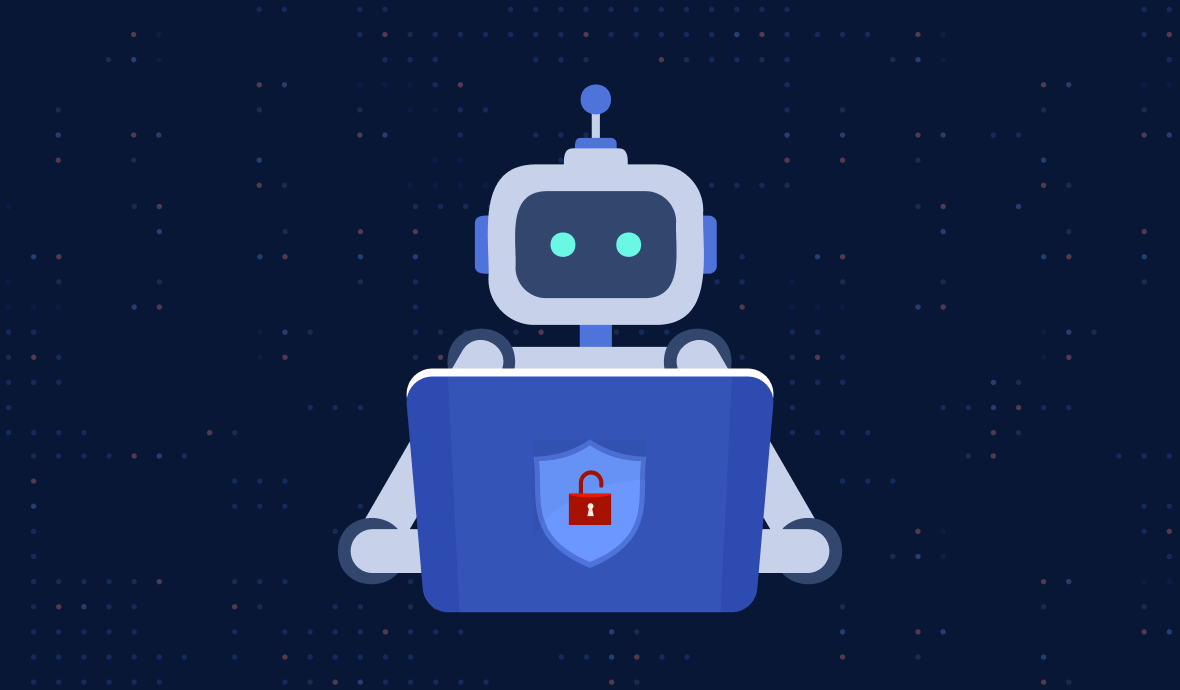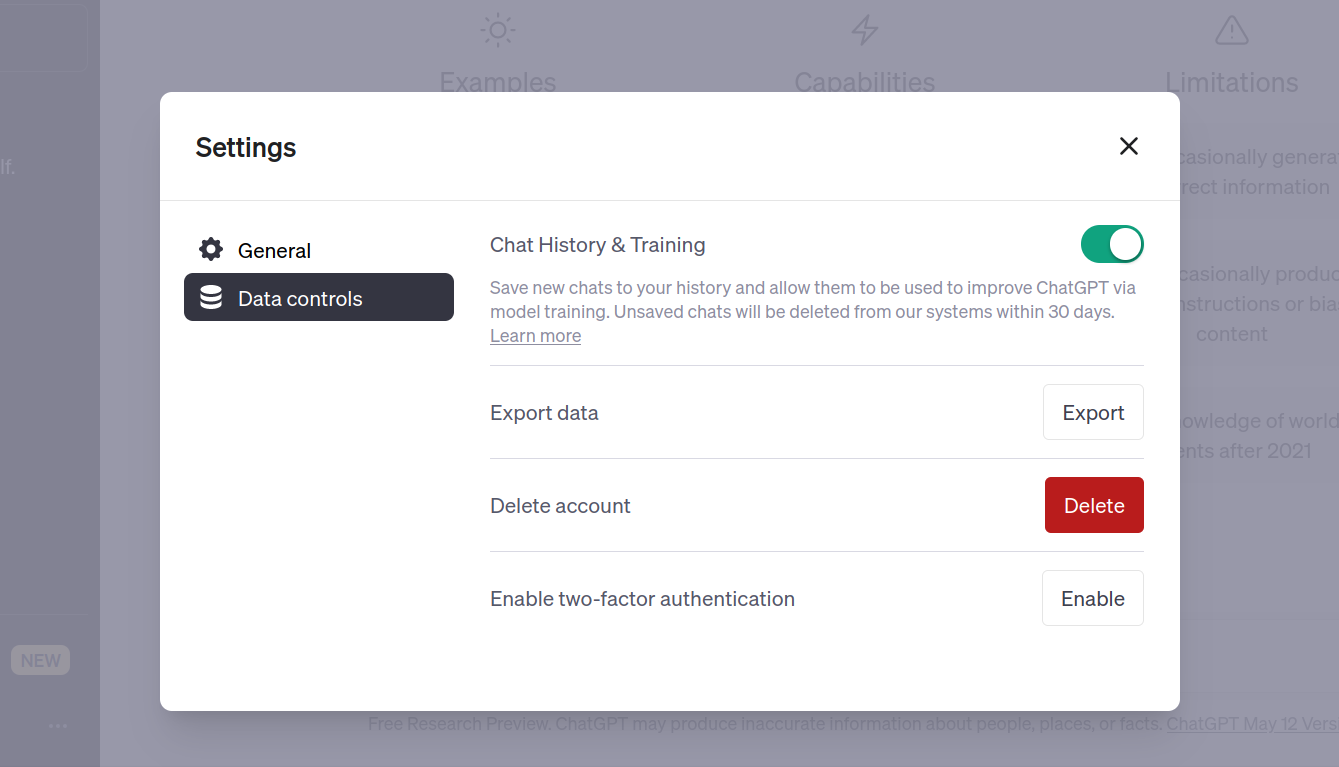ChatGPT is a powerful, and constantly evolving tool. It has been used for various purposes. Some use it for academic purposes while others want to delve deeper into the philosophical questions of our time. However, some people just want to ask it stupid, and trivial things. Each user, however, helps us explore its limits and what it can do artificial intelligence.

However, to interact with the chatbot, we need verified accounts on OpenAI containing mobile phone numbers and other personal information.
If you are concerned about your personal data, you can remove them along with your ChatGPT usage history. While there are quick ways to do it, complete removal is probably more difficult.
ChatGPT developed its capabilities by consuming 300 billion words from around the Internet. Its software has a feature that allows all of them users to remove their history from the application. In April 2023, the OpenAI blog introduced the new feature.
You should do the following:
From the main Settings menu on your profile page, turn off Chat History & Training or Chat History & Training (on by default).

In this way, the usage history will be completely deleted after 30 days and will not be retained to further educate ChatGPT on what humanity is doing and discussing.
To completely delete a ChatGPT account, follow the steps below:
Open the main Settings menu from your profile page.
From the data controls, select Delete account.
Enter your email and confirm.
Removing all personal data is a rather more difficult task.
Η new personal data removal request form from OpenAI's ChatGPT states that users can only request the removal of their data from service.
He emphasizes that filling out the form (which asks for data such as full name, email address, whether the user is a public figure and so on) does not promise anything and that there should be elements such as “screenshots of relevant examples” or the commands that show your evidence that ChatGPT uses your personal information publicly;
The "country of applicable law" section is also limited in scope, preventing US users and most outside Europe from applying.





